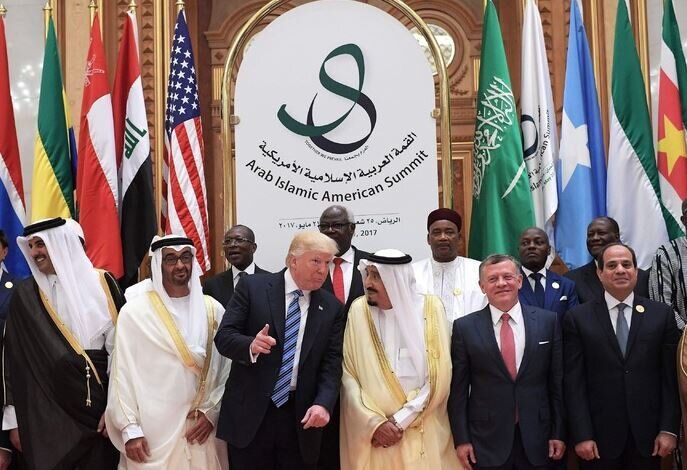Will China and Russia replace the United States as strategic partners of Arab countries?
According to Al-Sharq News Agency, the sudden Israeli attack on Qatari territory, which targeted a meeting of Hamas leaders, raised widespread questions about the nature of relations between the Gulf Arab countries and the United States. While relations between Doha and Washington were believed to be based on a strategic alliance and backed by a defense agreement, the Israeli airstrike on Qatar was carried out to discuss the benefits of these partnerships and the credibility of these alliances.
Following this incident, some Gulf Arab experts called on their countries to expand their defense capabilities and emphasized that these agreements with the United States, under various names and even defense agreements, would not provide a protective umbrella for their countries.
These experts added that even if the agreements with Washington were protective umbrellas in some cases due to common interests, in other cases, they did not provide a protective umbrella before the recent Israeli aggression against Qatar.
These people added that the Israeli aggression against Qatar questioned the credibility of the US government, and this could be the beginning of establishing clearer and more binding relations with Washington.
Some other experts also suggested that the Gulf Arab states reconsider their relations with the United States, a country whose defense systems watched as Israeli warplanes bombed Qatar, Washington’s main ally outside NATO, and did nothing.
The Gulf States Redesign Their Defense Systems
“Ahmed Al-Khuzai,” a political and international expert from Bahrain, said that defense agreements between the United States and the Gulf Arab states are diverse in political and legal terms, but these relationships are in line with the framework of security relations without providing solid guarantees.
He added: “The agreements that regulate the hosting of US military bases such as Al-Udeid in Qatar, Al-Dhafra in the UAE, and Al-Juffair in Bahrain mean a permanent US military presence, but they do not guarantee the automatic deployment of these bases in the event of an attack.”
Al-Khuzai stressed: Saudi Arabia tried to sign comprehensive security agreements, like Japan or Korea, that would guarantee the direct intervention of the United States in the event of an attack, but this plan faces political obstacles, the most important of which is that Washington has made such agreements conditional on Riyadh’s position on normalizing relations with Israel, which puts the security of the region at the mercy of political issues.
The international affairs expert continued that the current agreements, despite being a tool for cooperation, do not provide real security guarantees, and this requires the Gulf countries to redraw their defense system, both through explicit and binding agreements and through the creation of independent domestic powers and regional coalitions that guarantee the security of the region.
He added: The Israeli attack on Qatar showed that even countries that have very good relations with Washington are not immune from threats, and this calls into question the benefits of the existing agreements.

